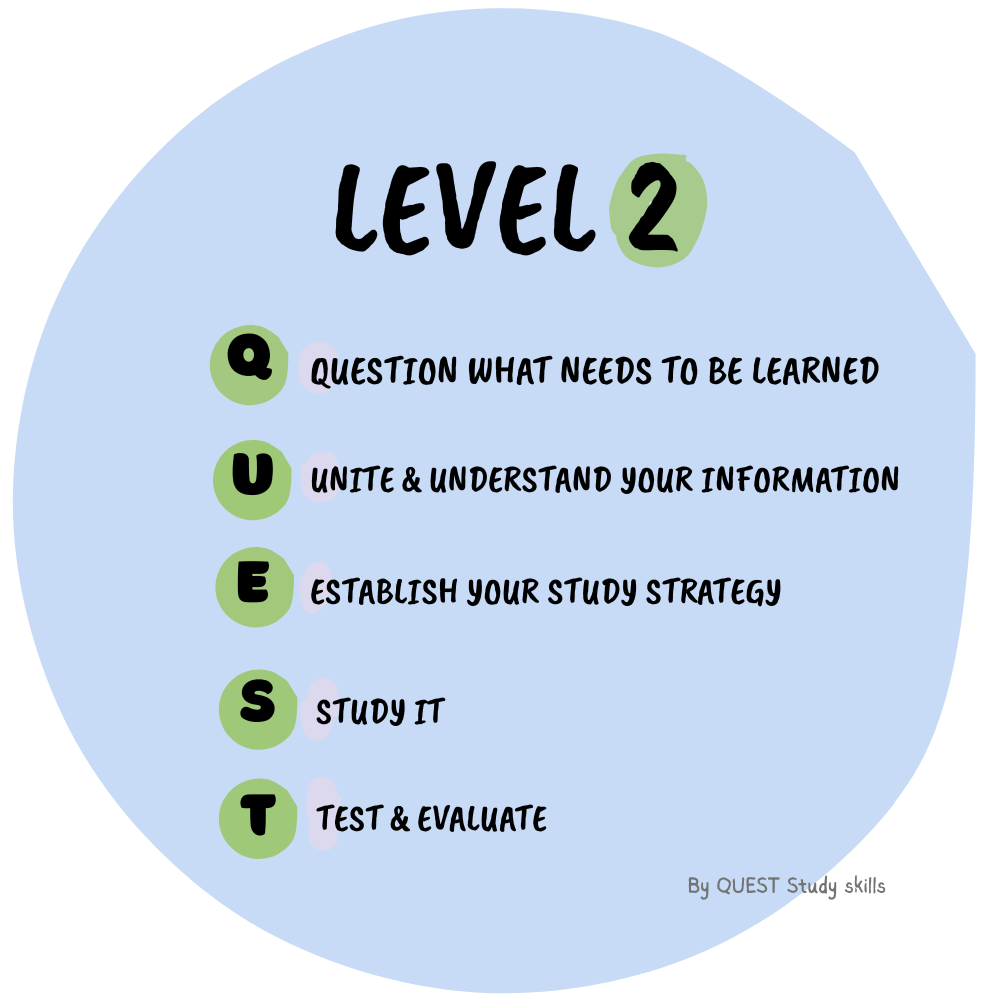Which study method works best: flashcards, mind maps, or audio notes?

Ever sat down to study and thought, "I don’t know where to start?"
You’ve got highlighters, notebooks, index cards, and probably a study app or two, but no real idea of which method to use, or whether any of it actually works. Or perhaps you have no idea any of these were even a 'thing', depending on your study experience.
The truth is, the best study strategy depends on how you learn, and what you’re learning. Flashcards, mind maps and auditory notes are the most popular and effective tools. But each works in a slightly different way.
Let’s figure out which one works best for you.
 So which one works best for what?
So which one works best for what?
When you stop randomly switching between study tools and start using strategies that suit you and what you're studying, it will all start to feel easier, and revision is way quicker. Your brain will also feel more organised. And you will stop wasting time doing things that don’t actually help you learn.
 Flashcards: Great for memory and recall
Flashcards: Great for memory and recall
Flashcards are perfect for remembering key terms, definitions, formulas, or dates. They’re fast, focused, and great for self-testing.
Best for:
- Vocab, formulas and definitions
- Repetition-based recall
- Studying on the go
- Testing yourself (or having someone quiz you)
- Breaking things into bite-sized pieces
- Exam preparation
Tip: Use question-and-answer style cards. One topic per card. Review regularly, week-by-week, not all at once. Well, at least if you help it.
 Mind maps: Great for seeing the big picture
Mind maps: Great for seeing the big picture
Mind maps help you visualise how ideas connect. They’re especially useful when you're working through complex topics, planning essays or revising processes.
Best for:
- Understanding big topics
- Essay and assignment planning
- Linking related ideas
- History timelines or science processes
- Visual learners
Tip: Start with your main idea in the centre, then branch out. Use colour, arrows, drawings or diagrams to make the ideas stand out. It doesn’t have to be pretty; it just has to make sense to you.
 Auditory notes: Great for learning through sound and speech
Auditory notes: Great for learning through sound and speech
Auditory notes are your best friend if you remember things better by hearing them or talking them through. If you love audiobooks and podcasts, this is your 'thing'. You can record yourself reading or explaining your notes, and listen while walking, commuting or resting. You can even talk out loud as you study; it’s all part of engaging your memory through sound.
Best for:
- Auditory learners
- Practising for oral tasks or speeches
- Repetition-based memory
- Explaining content aloud
- Studying while moving or multitasking
- Studying while commuting to school
Tip: Record yourself speaking clearly in short bursts. You can even talk through your flashcards or explain your mind map aloud. It doesn’t have to be perfect; it just needs to help you remember.
❓ So... which one should you use?
Here’s a simple guide:
| If you're... | Flashcards | Mind Maps | Auditory Notes | |
| Learning definitions, formulas or quick facts | ✔️ |
|
✔️ | |
| Preparing for an essay or assignment | ❌ | ✔️ | ✔️ | |
| Studying while travelling or walking | ✔️ | ❌ | ✔️ | |
| Trying to understand how ideas connect | ❌ | ✔️ | ✔️ | |
| Better at hearing or speaking | ❌ | ❌ | ✔️ | |
| Needing fast, repeated recall | ✔️ | ❌ | ✔️ |
What about your learning style?
Knowing your learning style can help you decide which tools to start with.
- 🎨 Visual learners often love mind maps, colour coding and diagrams.
- 🎧 Auditory learners benefit from talking out loud or listening to recordings.
- 🤸 Kinaesthetic learners can benefit from rewriting flashcards, drawing mind maps or walking while studying.
But remember, some people are a mix. Try all three and see what sticks.
Want to find out your learning style?
📌 Try out the Learning Style Quiz ➡️
This will help students understand their style and suggest which tools (and study strategies) to try based on their results.
👇While you're here...
Want to join the early Access list to the Mini Planning Course?
Stay connected with news and updates!
Join our mailing list to receive the latest news and updates from our team.
Don't worry, your information will not be shared.
We hate SPAM. We will never sell your information, for any reason.

